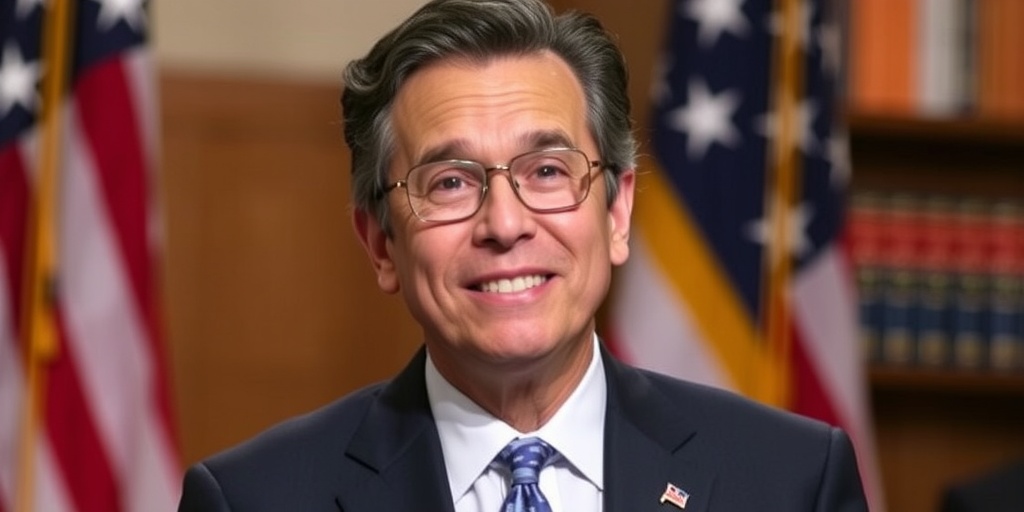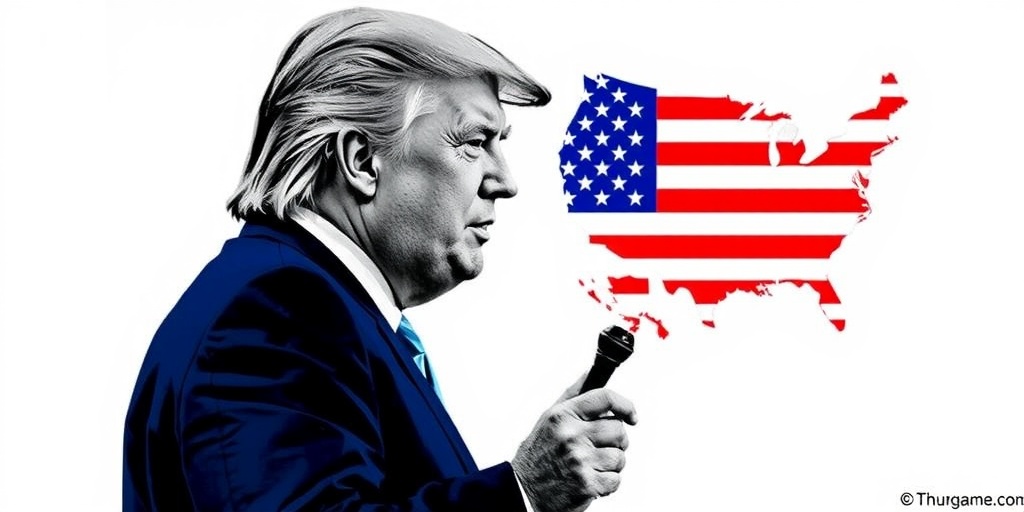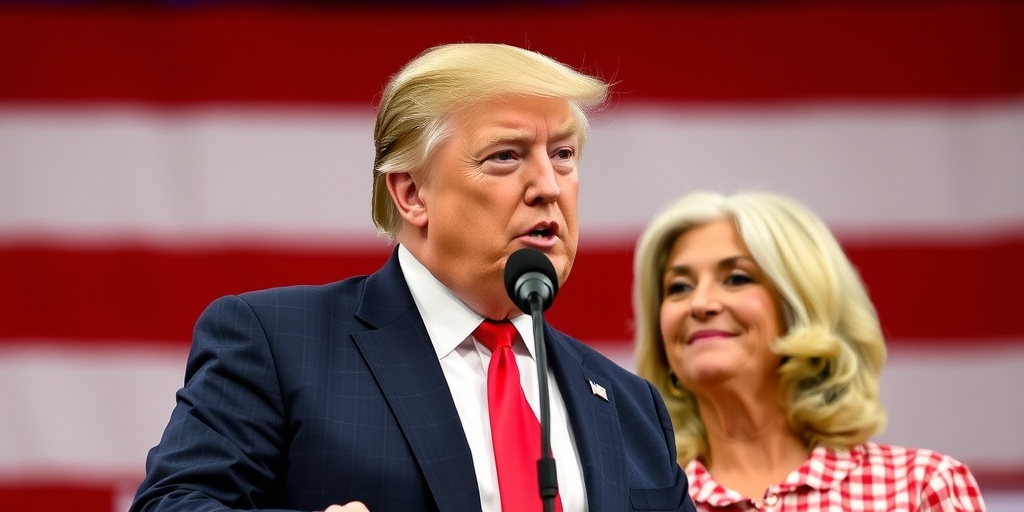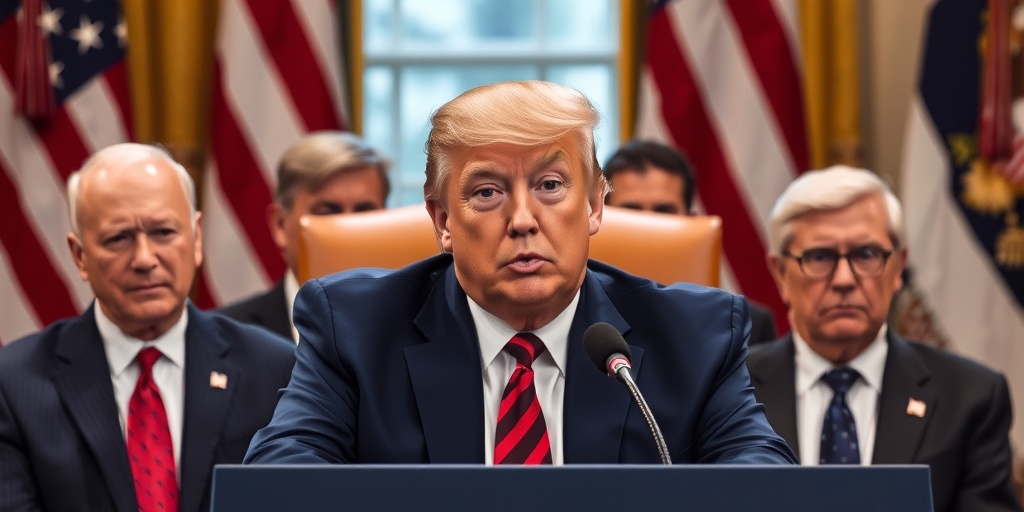Now Reading: Senate Confirms Dr. Oz to Lead Medicare and Medicaid
-
01
Senate Confirms Dr. Oz to Lead Medicare and Medicaid
Senate Confirms Dr. Oz to Lead Medicare and Medicaid

Dr. Mehmet Oz Confirmed as Head of Medicare and Medicaid Amid Controversy
In a closely watched vote, the Senate confirmed Dr. Mehmet Oz, the celebrity TV doctor known for his health advice and wellness tips, to lead the Centers for Medicare and Medicaid Services (CMS) on Thursday, with a vote tally of 53-45 that was largely along party lines. This pivotal role oversees the healthcare programs that together insure nearly half of all Americans, placing Dr. Oz at the center of escalating debates surrounding these critical health services.
The future of Medicare and Medicaid is currently under intense scrutiny, especially as Republicans signal intentions to impose substantial cuts to Medicaid, which is crucial for providing healthcare to low-income Americans. These potential budget reductions stem partly from efforts by the Trump administration and GOP lawmakers to generate savings that could finance the president’s ambitious tax cut package. Such cuts could drastically alter the landscape of healthcare access for some of the nation’s most vulnerable populations.
Dr. Oz, who has long championed Medicare Advantage—private insurance plans tailored for older Americans—faces considerable challenges as he steps into this role. Despite his vocal support for Medicare Advantage, he is under increased scrutiny due to federal investigations and concerns from lawmakers regarding insurers’ alleged overbilling of the government by tens of billions of dollars each year. During his confirmation hearing before the Senate Finance Committee, he acknowledged the issues plaguing Medicare Advantage while attempting to assure senators of his readiness to address these concerns. He described himself as having a “new sheriff in town” approach, signaling potential shifts in direction for the program.
Throughout the confirmation process, Dr. Oz faced pointed questioning from Democratic senators concerning the ramifications of proposed cuts to Medicaid, which could leave millions of low-income individuals without essential healthcare coverage. The debate around these cuts is being intensified by recent actions taken by Health Secretary Robert F. Kennedy Jr., who has enacted significant reductions within the Health and Human Services Department. This has resulted in the layoff of approximately 10,000 employees, alongside numerous other attrition measures, creating uncertainty around the operational capabilities of CMS, which operates with an annual budget nearing $1.5 trillion.
Support for Dr. Oz’s confirmation seemed tenuous; however, in a surprising turn, Senator Josh Hawley of Missouri expressed renewed backing earlier this week. He indicated that Dr. Oz’s commitments against transgender healthcare for minors and his strong stance as "unequivocally pro-life" played a pivotal role in his decision to support the nomination. This shift highlights the contentious nature of health-related policies and how they can influence political alignments.
Despite the confirmation, many lawmakers chose to overlook substantive criticisms regarding Dr. Oz’s extensive financial ties to various companies he will now oversee, raising ethical concerns about his ability to act independently. Known for his wealth, with estimates of his and his wife’s combined business and family ventures valued between $90 million to $335 million, Dr. Oz has made a substantial income through endorsements, promoting health-related products, and running his television show.
In an effort to mitigate potential conflicts of interest, Dr. Oz announced plans to divest from over 70 companies and investment funds following his confirmation. This includes divesting from UnitedHealth Group, the largest private Medicare provider in the country, as well as Inception Fertility Holdings and Amazon—both of which have extensive operations connected to healthcare. These moves are intended to reassure both the public and lawmakers of his impartiality in making decisions that could impact the healthcare industry and the welfare of millions.
However, questions regarding the depth of Dr. Oz’s financial entanglements with a range of healthcare entities persist, leaving many legislators and ethics experts skeptical about his capacity to govern impartially in a sector where conflicts of interest can heavily influence policy decisions.
As Dr. Oz steps into his new role, the landscape of Medicare and Medicaid remains in flux, with impending changes that could greatly affect the healthcare access of millions of Americans. His administration will undoubtedly be tested in navigating these complex issues while attempting to balance the competing interests of various stakeholders in the contentious world of U.S. healthcare.
Stay Informed With the Latest & Most Important News
Previous Post
Next Post
-
 01New technology breakthrough has everyone talking right now
01New technology breakthrough has everyone talking right now -
 02Unbelievable life hack everyone needs to try today
02Unbelievable life hack everyone needs to try today -
 03Fascinating discovery found buried deep beneath the ocean
03Fascinating discovery found buried deep beneath the ocean -
 04Man invents genius device that solves everyday problems
04Man invents genius device that solves everyday problems -
 05Shocking discovery that changes what we know forever
05Shocking discovery that changes what we know forever -
 06Internet goes wild over celebrity’s unexpected fashion choice
06Internet goes wild over celebrity’s unexpected fashion choice -
 07Rare animal sighting stuns scientists and wildlife lovers
07Rare animal sighting stuns scientists and wildlife lovers





















